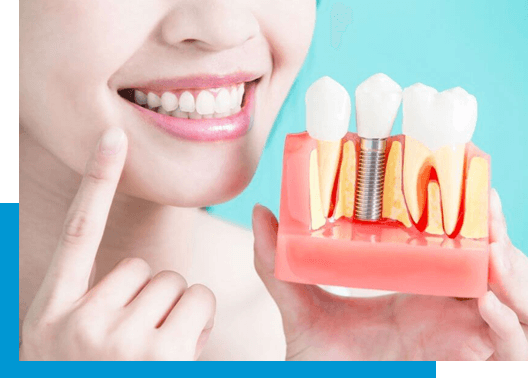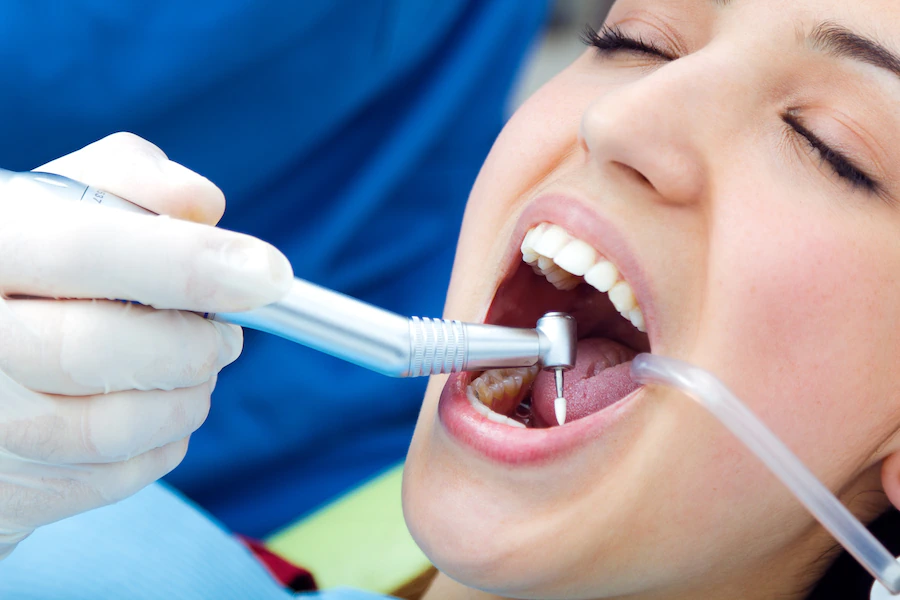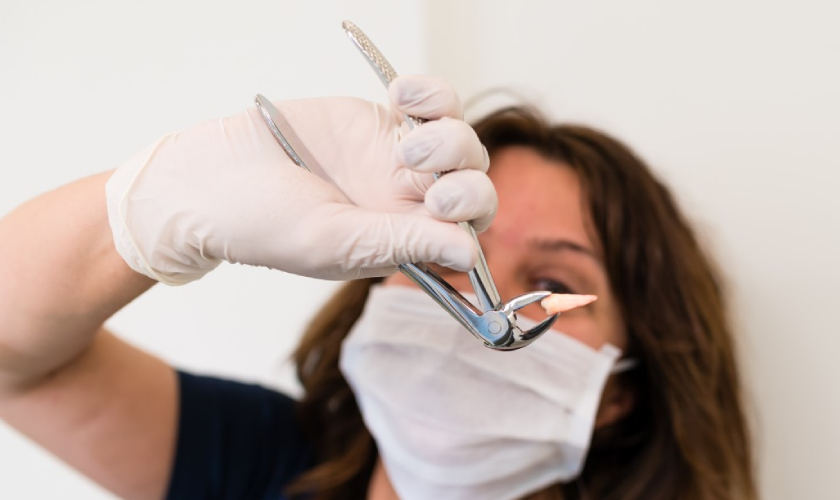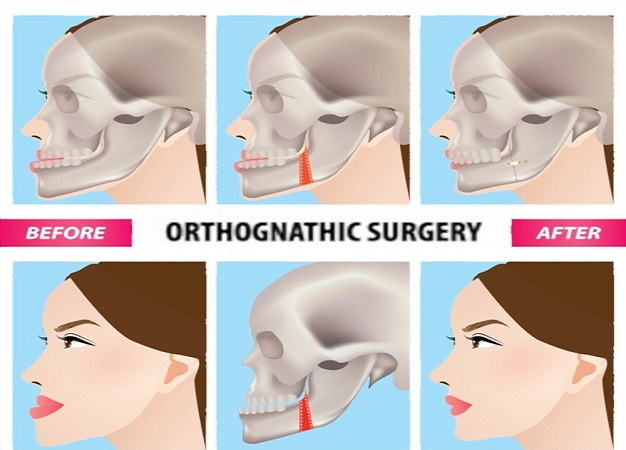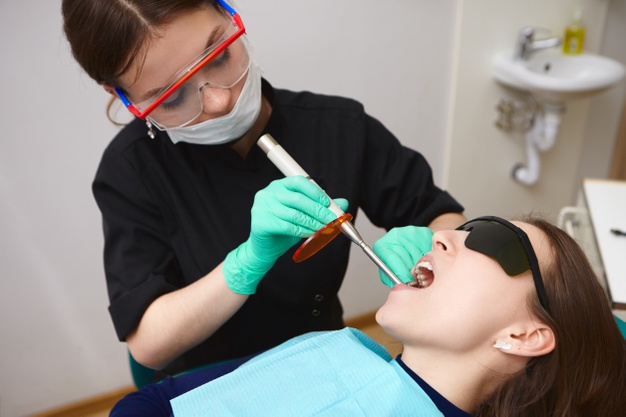You can quickly get a flawless smile by going for teeth whitening treatment at a reputable dentist’s office. There are several benefits of this professional procedure that cannot be enjoyed if you choose to use the teeth whitening products available today.
Adopting a few measures after going for teeth whitening treatment can help witness the best outcomes. Keeping this in mind, the best dentists in Berwyn have come up with teeth whitening aftercare tips to follow. Get rid of stained teeth and restore the natural shine of your teeth with ease.
Few Teeth Whitening Aftercare Tips You Should Follow
1. Do Not Drink Dyed Beverages
Although human teeth are very strong, they can also become stained due to improper dietary habits. Intake of dyed beverages can be the reason for the formation of stains on the teeth. Coffee, red wine, and tea are a few of the beverages that can be the main contributor to tooth discoloration. So it’s best to stay away from them. Try to eat light-colored food items such as chicken or fish without seasoning and simple carbohydrates like rice or paste after undergoing teeth whitening. This will definitely help to maintain the bright white luster of your teeth.
2. Using Teeth Sensitivity Products Can Be Beneficial
Most individuals face problems related to teeth sensitivity after getting their teeth whitened. Purchasing a sensitive toothpaste or a gel that may be applied to your teeth can effectively resolve this problem. These products will relieve any soreness that may have occurred due to the whitening process.
3. Avoid Chewy Food Items
Food items that require a lot of chewing can harm your recently whitened teeth. The food will adhere to the whitened surface if you try to chew something that is not chewable and cause discoloration or harm. Therefore, avoid chewy foods for a few days after getting teeth whitening.
4. Brushing Your Teeth is Important
It is suggested to gently brush the teeth because they may be sensitive after undergoing the process. You should know that brushing is a crucial part of your aftercare routine. It should be done gently to avoid discomfort and whitening peeling. Get a toothbrush that has soft bristles.
5. Overdoing It Can Be Really Harmful
Sometimes, individuals are unhappy with the results of tooth whitening procedures. This can make them feel compelled to start another course of treatment immediately. It is best to avoid utilizing these whitening techniques excessively, as doing so can damage the enamel. Maintain a certain gap between the two treatments. Talk to your dentist if you want to know more about it.
6. Do Not Rely On The Teeth Whitening Products
There are many teeth-whitening products available nowadays. However, using products such as whitening toothpaste and strips results in a less effective outcome and can also damage your gum. So, never use these products following a professional teeth whitening treatment.
7. Stay In Touch With Dental Professionals
An important part of the aftercare process is scheduling a follow-up appointment with a dentist. It is a good idea to get your teeth examined by a dentist to ensure that no damage was done to your teeth during a teeth-whitening procedure. Always remember that it is better to be safe than sorry when it comes to teeth.
We hope you now know the aftercare tips to follow after getting your teeth whitened at a dental office. Book an appointment with Berwyn Dental Connection if you are looking for the best teeth whitening service in Berwyn, IL. Give us a call today!


